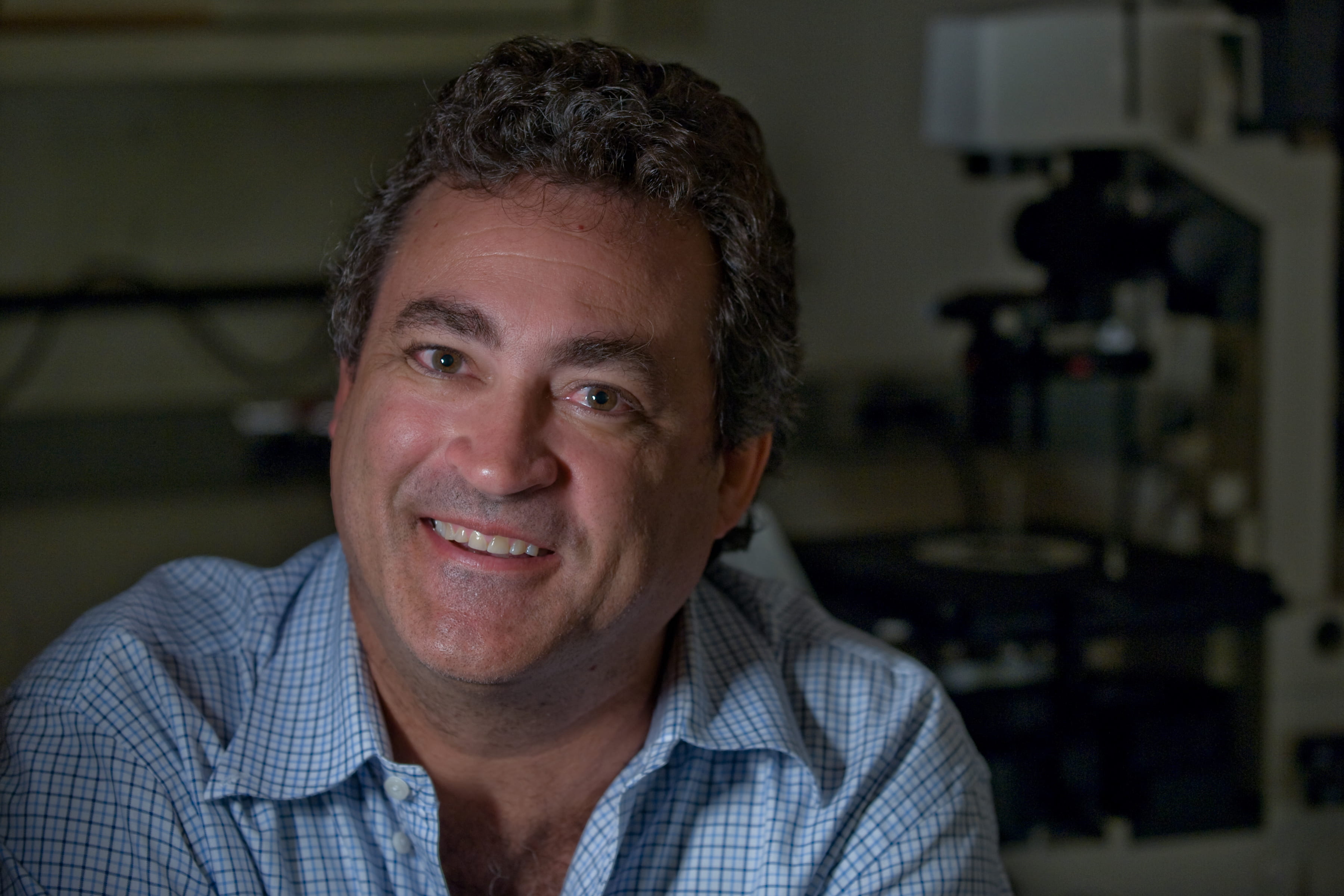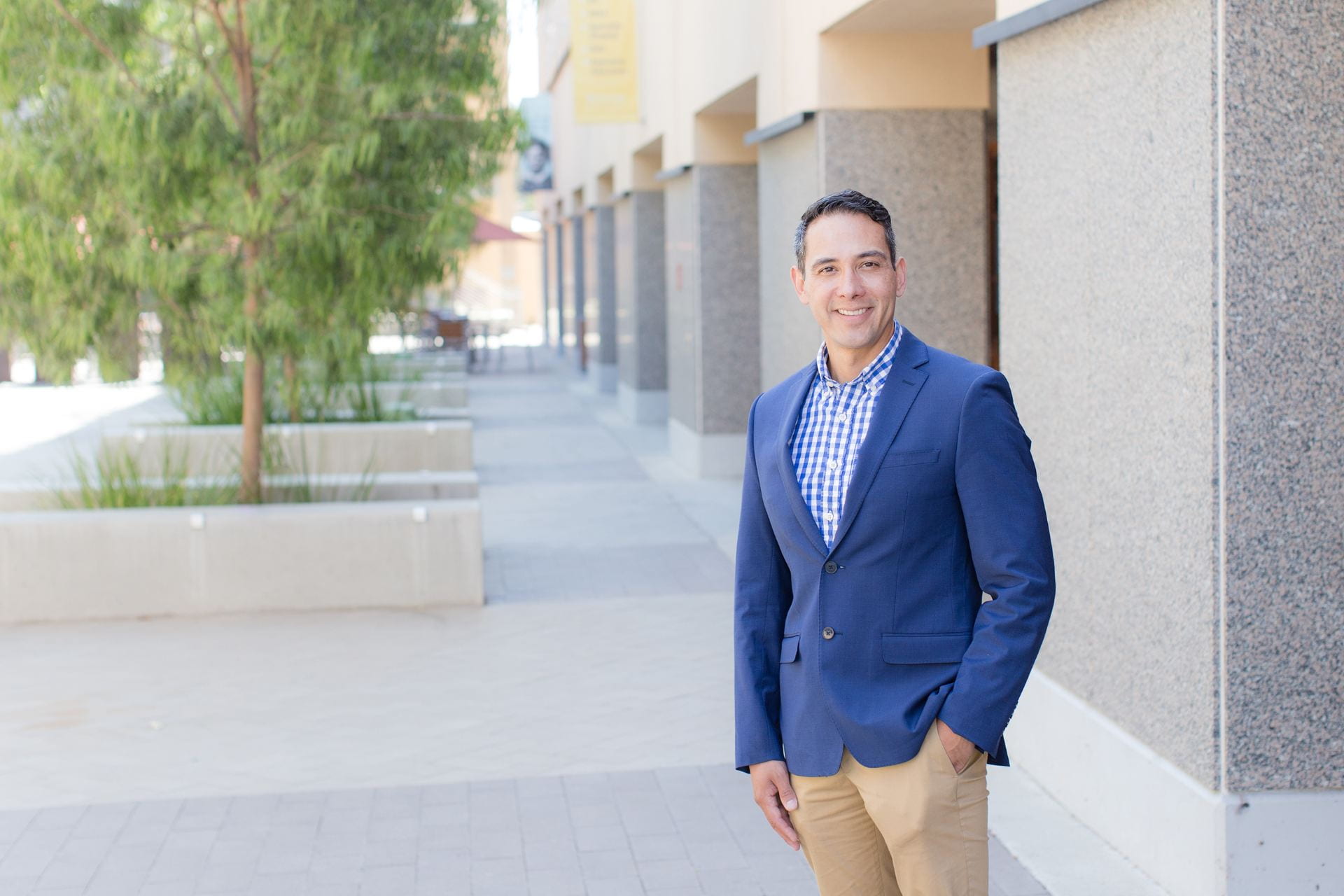Human neural stem cells restore cognitive functions impaired by chemotherapy
UCI study reveals how they alleviate ‘chemobrain’ after cancer treatments

Irvine, Calif., Feb. 17, 2015 — Human neural stem cell treatments are showing promise for reversing learning and memory deficits after chemotherapy, according to UC Irvine researchers.
In preclinical studies using rodents, they found that stem cells transplanted one week after the completion of a series of chemotherapy sessions restored a range of cognitive functions, as measured one month later using a comprehensive platform of behavioral testing. In contrast, rats not treated with stem cells showed significant learning and memory impairment.
The frequent use of chemotherapy to combat multiple cancers can produce severe cognitive dysfunction, often referred to as “chemobrain,” which can persist and manifest in many ways long after the end of treatments in as many as 75 percent of survivors – a problem of particular concern with pediatric patients.
“Our findings provide the first solid evidence that transplantation of human neural stem cells can be used to reverse chemotherapeutic-induced damage of healthy tissue in the brain,” said Charles Limoli, a UCI professor of radiation oncology.
Study results appear in the Feb. 15 issue of Cancer Research, a journal of the American Association for Cancer Research.
Many chemotherapeutic agents used to treat disparate cancer types trigger inflammation in the hippocampus, a cerebral region responsible for many cognitive abilities, such as learning and memory. This inflammation can destroy neurons and other cell types in the brain.
Additionally, these toxic compounds damage the connective structure of neurons, called dendrites and axons, and alter the integrity of synapses – the vital links that permit neurons to pass electrical and chemical signals throughout the brain. Limoli compares the process to a tree being pruned of its branches and leaves.
Consequently, the affected neurons are less able to transmit important neural messages that underpin learning and memory.
“In many instances, people experience severe cognitive impairment that’s progressive and debilitating,” Limoli said. “For pediatric cancer patients, the results can be particularly devastating, leading to reduced IQ, asocial behavior and diminished quality of life.”
For the UCI study, adult neural stem cells were transplanted into the brains of rats after chemotherapy. They migrated throughout the hippocampus, where they survived and differentiated into multiple neural cell types. Additionally, these cells triggered the secretion of neurotrophic growth factors that helped rebuild wounded neurons.
Importantly, Limoli and his colleagues found that engrafted cells protected the host neurons, thereby preventing the loss or promoting the repair of damaged neurons and their finer structural elements, referred to as dendritic spines.
“This research suggests that stem cell therapies may one day be implemented in the clinic to provide relief to patients suffering from cognitive impairments incurred as a result of their cancer treatments,” Limoli said. “While much work remains, a clinical trial analyzing the safety of such approaches may be possible within a few years.”
Munjal Acharya, Lori-Ann Christie, Vahan Martirosian, Nicole N. Chmielewski, Nevine Hanna, Katherine Tran, Alicia Liao and Vipan Parihar of UCI contributed to the study, which was funded by the National Institutes of Health (grant R01 NS074388581) and supported by UCI’s Institute for Clinical & Translational Science.
About the University of California, Irvine: Founded in 1965, UCI is the youngest member of the prestigious Association of American Universities. The campus has produced three Nobel laureates and is known for its academic achievement, premier research, innovation and anteater mascot. Led by Chancellor Howard Gillman, UCI has more than 28,000 students and offers 192 degree programs. Located in one of the world’s safest and most economically vibrant communities, it’s Orange County’s second-largest employer, contributing $4.8 billion annually to the local economy.
Media access: Radio programs/stations may, for a fee, use an on-campus ISDN line to interview UC Irvine faculty and experts, subject to availability and university approval. For more UC Irvine news, visit wp.communications.uci.edu. Additional resources for journalists may be found at communications.uci.edu/for-journalists.


